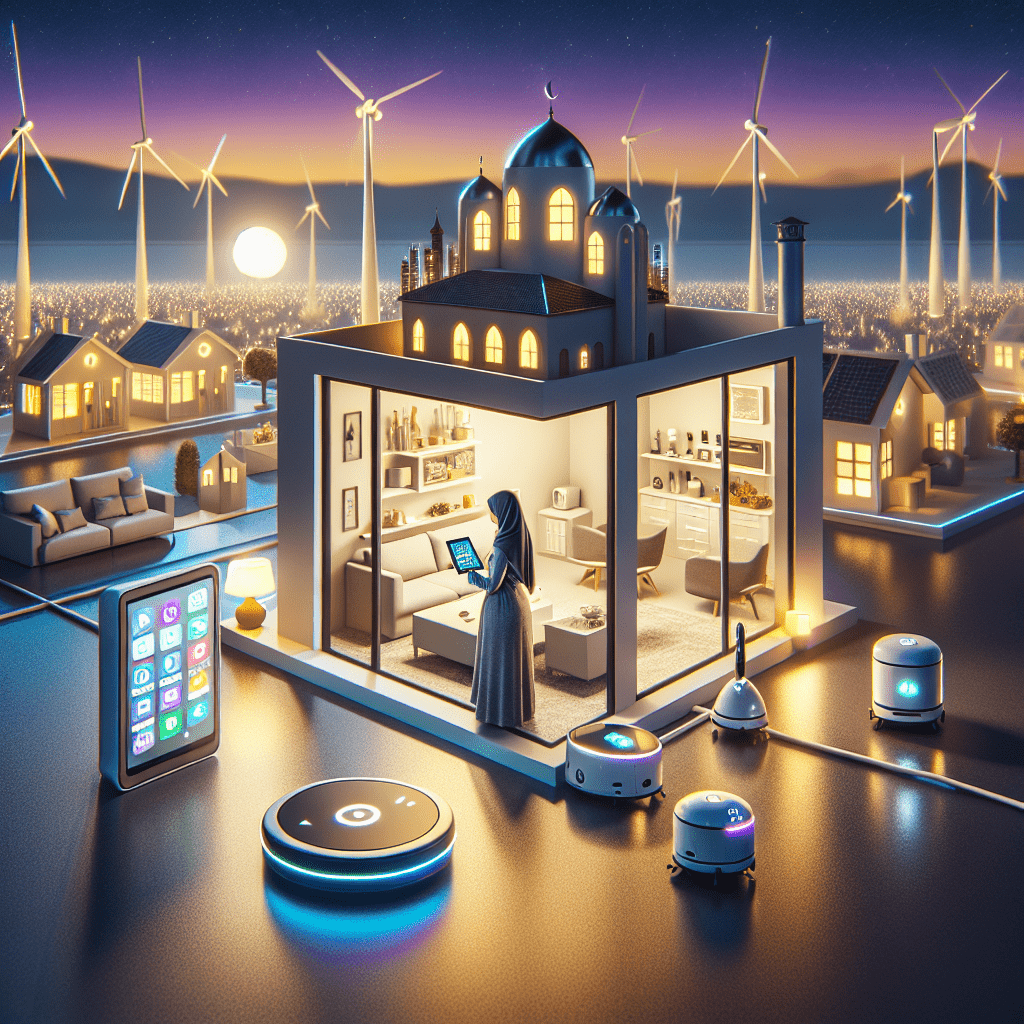In recent years, smart homes have become increasingly popular as technology continues to advance at a rapid pace. Smart homes are revolutionizing the way we live by providing convenience, comfort, and security like never before. With the integration of smart devices and automation technologies, homeowners can now control various aspects of their homes with just the touch of a button or a simple voice command. From smart thermostats to lighting systems, smart homes offer a level of customization and control that was once only seen in science fiction movies.
The Benefits of Smart Homes
Smart homes offer a wide range of benefits that can greatly improve the quality of everyday living. One of the key benefits of smart homes is the convenience they provide. With the ability to control devices remotely through a smartphone or tablet, homeowners can easily adjust settings, turn off appliances, and monitor their home’s security while they are away. This level of remote access gives homeowners peace of mind and a sense of control over their living environment.
Another benefit of smart homes is the energy efficiency they offer. Smart thermostats, for example, can learn your heating and cooling preferences and adjust the temperature accordingly, which can lead to significant energy savings over time. Smart lighting systems can also help reduce energy consumption by automatically turning off lights when they are not in use.
Security is another major benefit of smart homes. With the ability to monitor your home through security cameras and receive alerts on your smartphone in case of suspicious activity, smart homes offer an extra layer of protection for homeowners and their families. Smart locks can also enhance Home Security by allowing homeowners to lock and unlock doors remotely.
How Smart Homes Work
Smart homes are made up of interconnected devices and systems that communicate with each other to provide automation and control. These devices are typically connected through a central hub or controller, such as a smart speaker or a home automation system. The hub acts as a command center for all the devices in the home and allows users to control them through a single interface.
Smart devices in a smart home can include thermostats, lighting systems, security cameras, door locks, appliances, and more. These devices are equipped with sensors, cameras, and connectivity features that allow them to communicate with each other and with the central hub. By using wireless technology such as Wi-Fi, Bluetooth, or Zigbee, smart devices can send and receive data to enable automation and remote control.
Conclusion
Smart homes are revolutionizing everyday living by providing convenience, comfort, and security to homeowners. With the ability to control devices remotely and automate various aspects of their homes, homeowners can enjoy a higher level of customization and control than ever before. From energy efficiency to enhanced security, smart homes offer a wide range of benefits that can greatly improve the quality of everyday life. As technology continues to advance, smart homes will likely become even more integrated and sophisticated, making them an essential part of modern living.
FAQs
1. Are smart homes secure?
Smart homes can be secure as long as proper precautions are taken, such as using strong passwords, keeping software up to date, and regularly monitoring the network for any suspicious activity.
2. Do smart homes save energy?
Yes, smart homes can help save energy by optimizing heating and cooling systems, lighting, and appliance usage to reduce energy consumption.
3. Can I install smart home devices myself?
Many smart home devices are designed for easy installation and can be set up without the need for professional assistance. However, some devices may require professional installation for optimal performance.
TIP:
When setting up a smart home, it’s important to research and choose compatible devices that work well together to ensure a seamless and integrated experience.
#Smart #Homes #Revolutionizing #Everyday #Living
